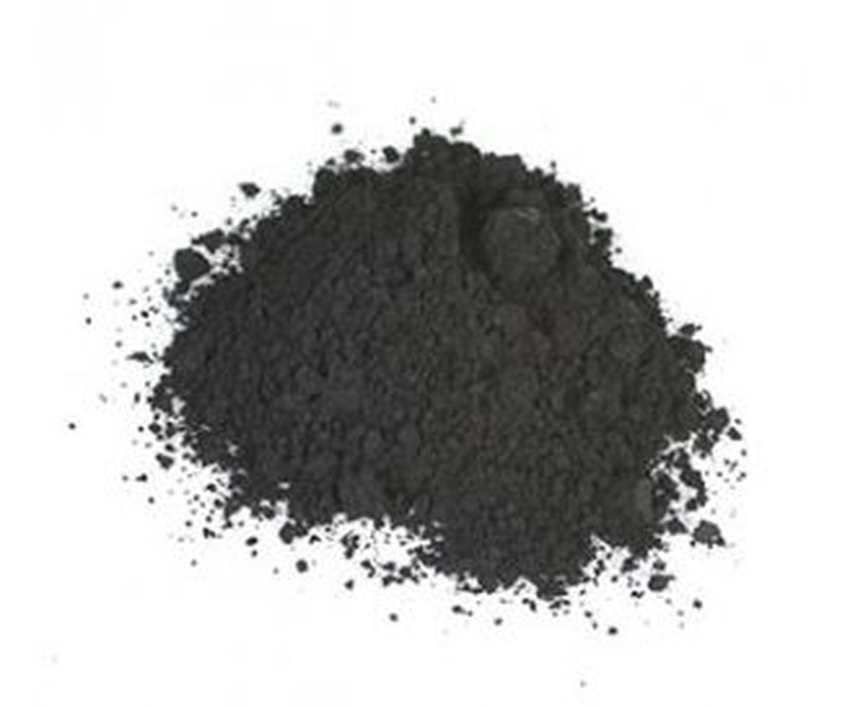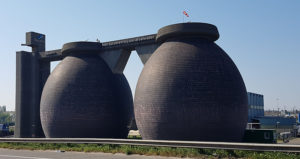Swiss researchers improve removal micropollutants with activated carbon powder

-
 Editorial Team
Editorial Team
Share article:
A super-fine form of powdered activated carbon captures micropollutants more rapidly than the conventional kind. Picture: Wikimedia Commons
According to a new Ecole Polytechnique Federale the Lausanne (EPFL)-study a super-fine form of powdered activated carbon captures micropollutants more rapidly than the conventional kind. “As the next step, we will have to test the approach in a pilot study to be sure that it is workable in a full-scale wastewater treatment plant,” says Florence Bonvin, the lead author of the study.
Even at extremely low concentrations, micropollutants – trace amounts of chemical compounds from pharmaceutical or agricultural chemicals – can pose a risk to aquatic ecosystems. One way to reduce the amount released into the environment is by treating wastewater using powdered activated carbon. In the lab, researchers at EPFL, have further improved this approach using a super-finely ground variant of the powder, which accelerated micropollutant removal rates by a factor 5 or more. The study was recently published in the journal Water Research.
Removal micropollutants
Swiss authorities have responded to increased micropollutant concentrations in Swiss lakes and rivers by calling for 100 wastewater treatment plants to be upgraded for enhanced micropollutant removal. Ozone treatment, which chemically transforms the micropollutants, is one approach that has proven to be effective. But when the wastewater contains certain chemicals, such as bromides, new toxic compounds can be generated. Treatment using powdered activated carbon avoids this problem, but is more expensive and requires more energy.
In the lab, environmental chemists working have now shown that using super-finely ground powdered activated carbon has the potential to bring down the cost of micropollutant removal. All ten representative micropollutants it was tested on were removed more efficiently, in some cases up to 65 times as fast.

















